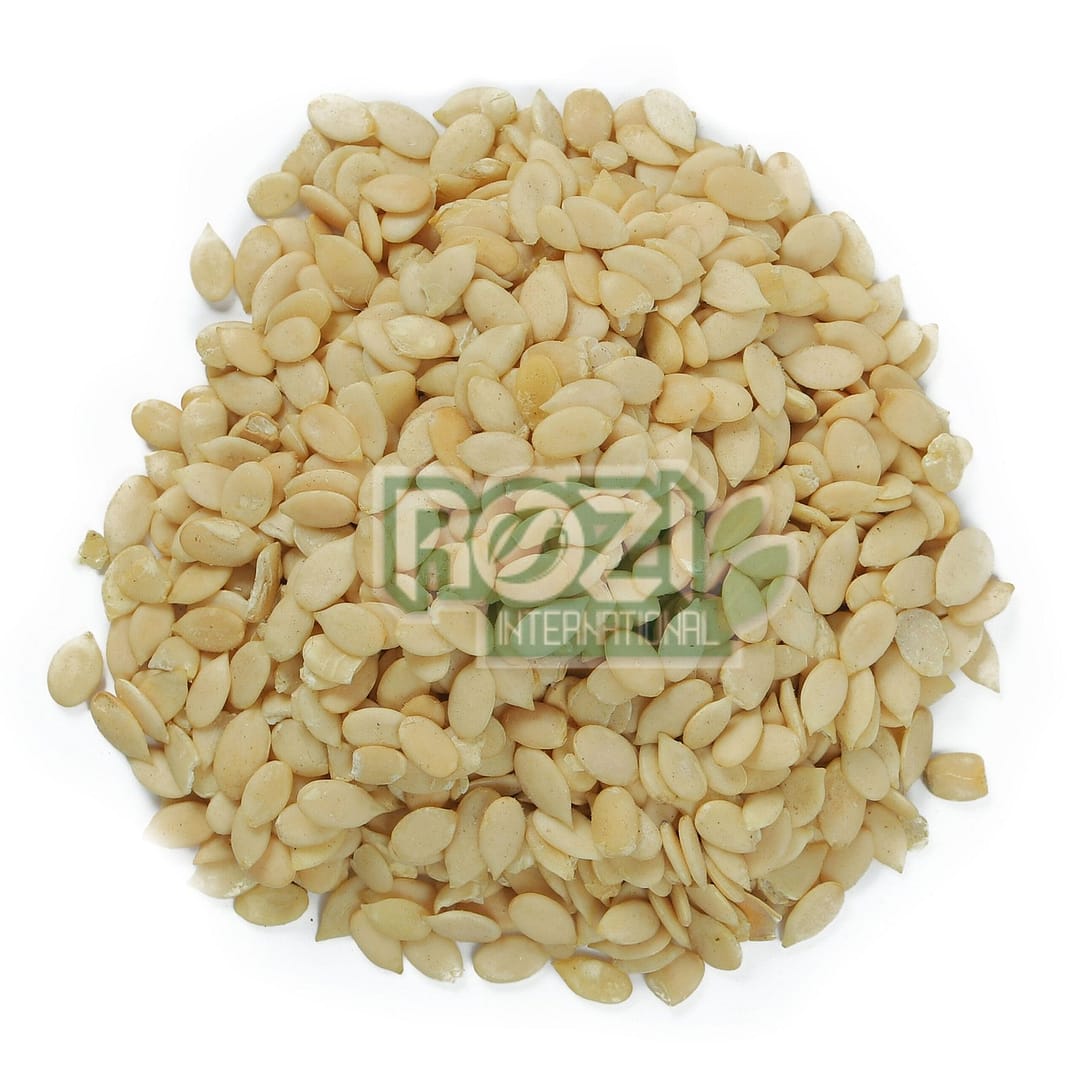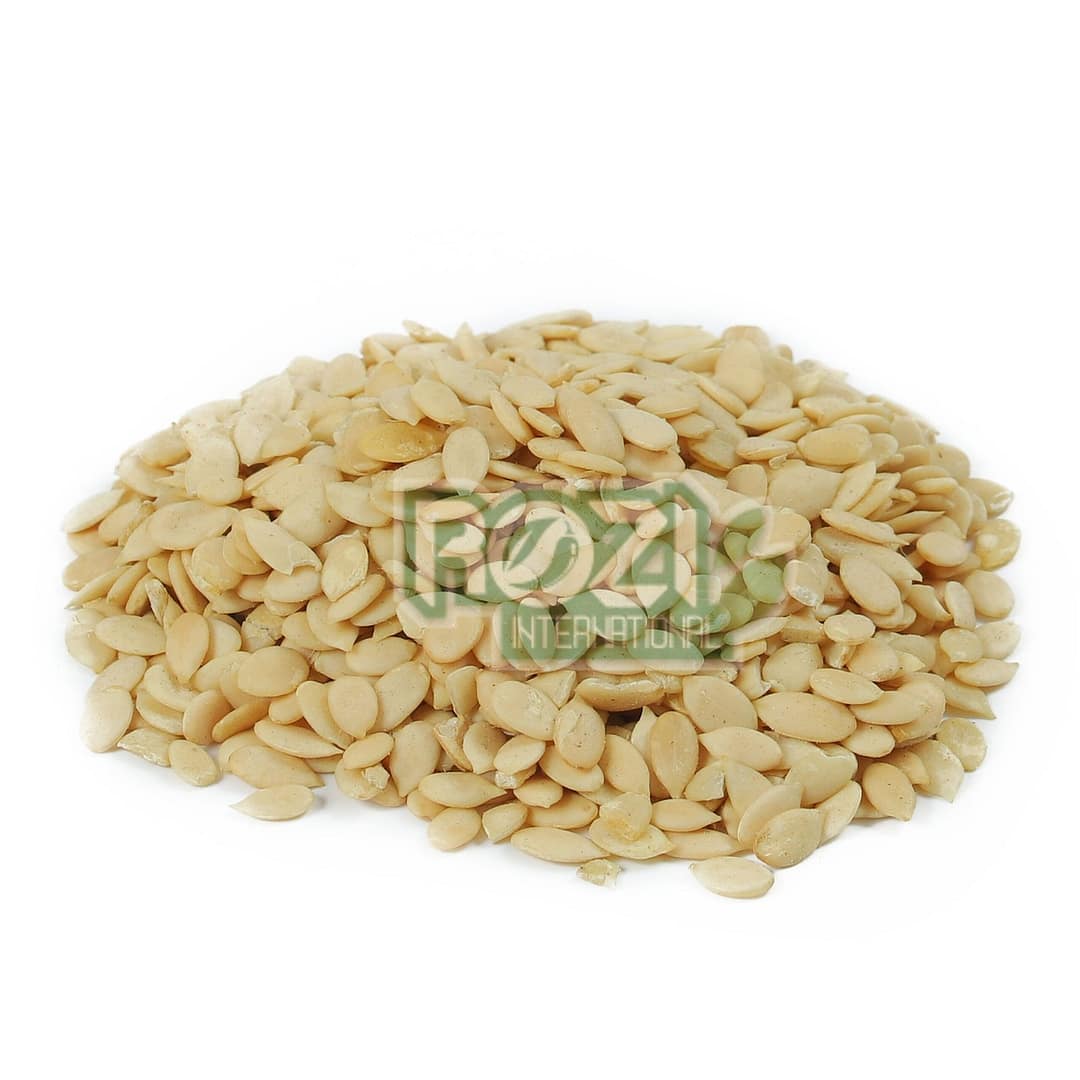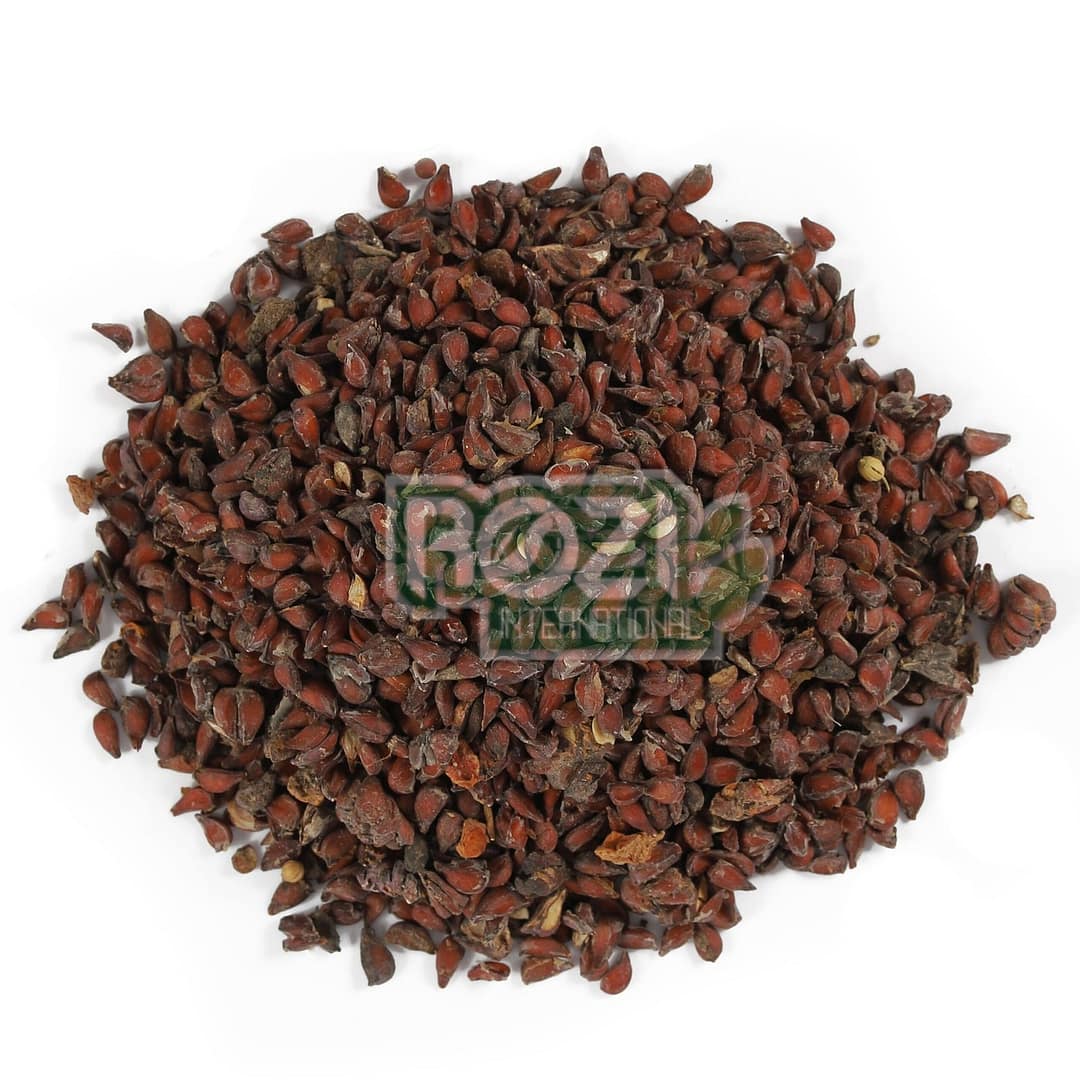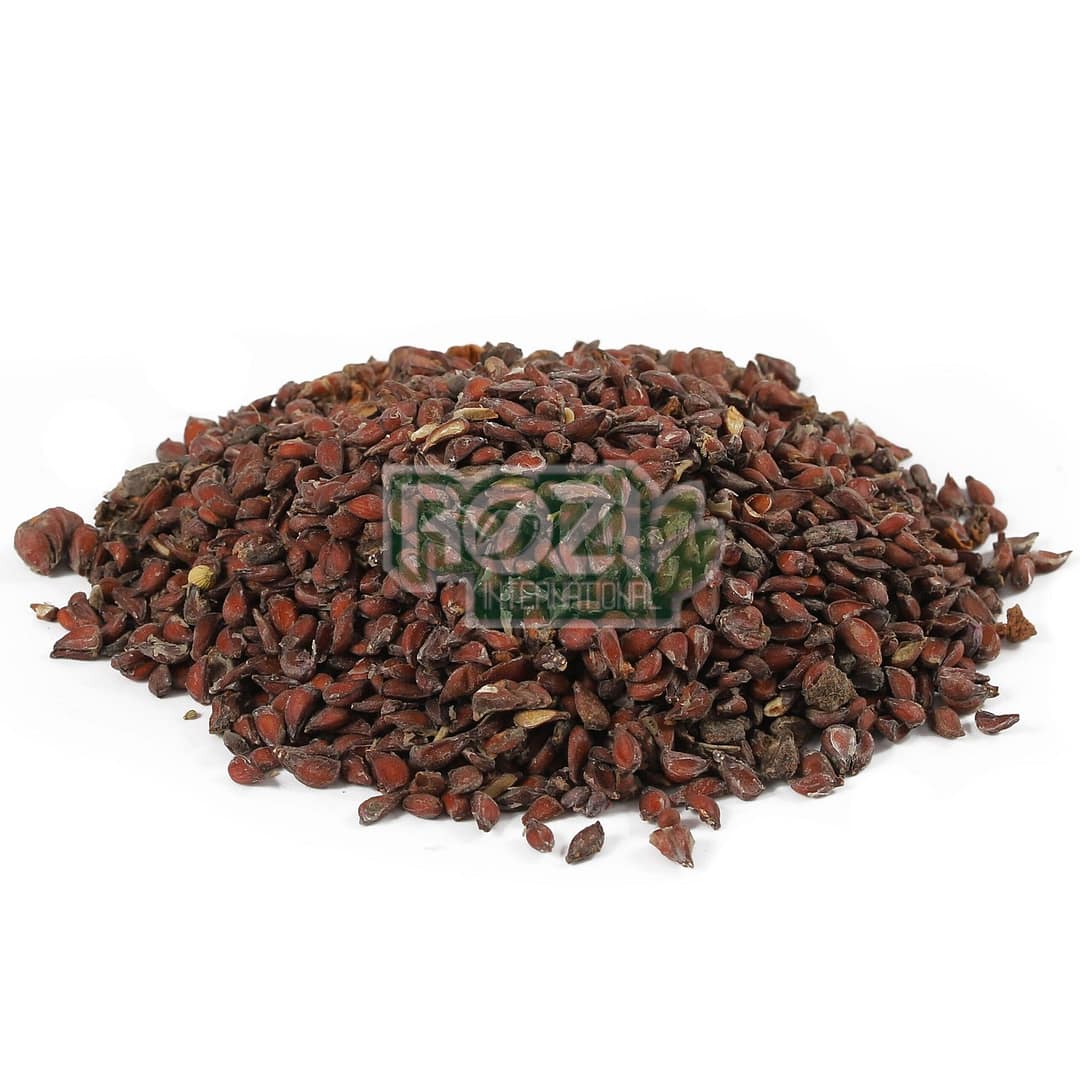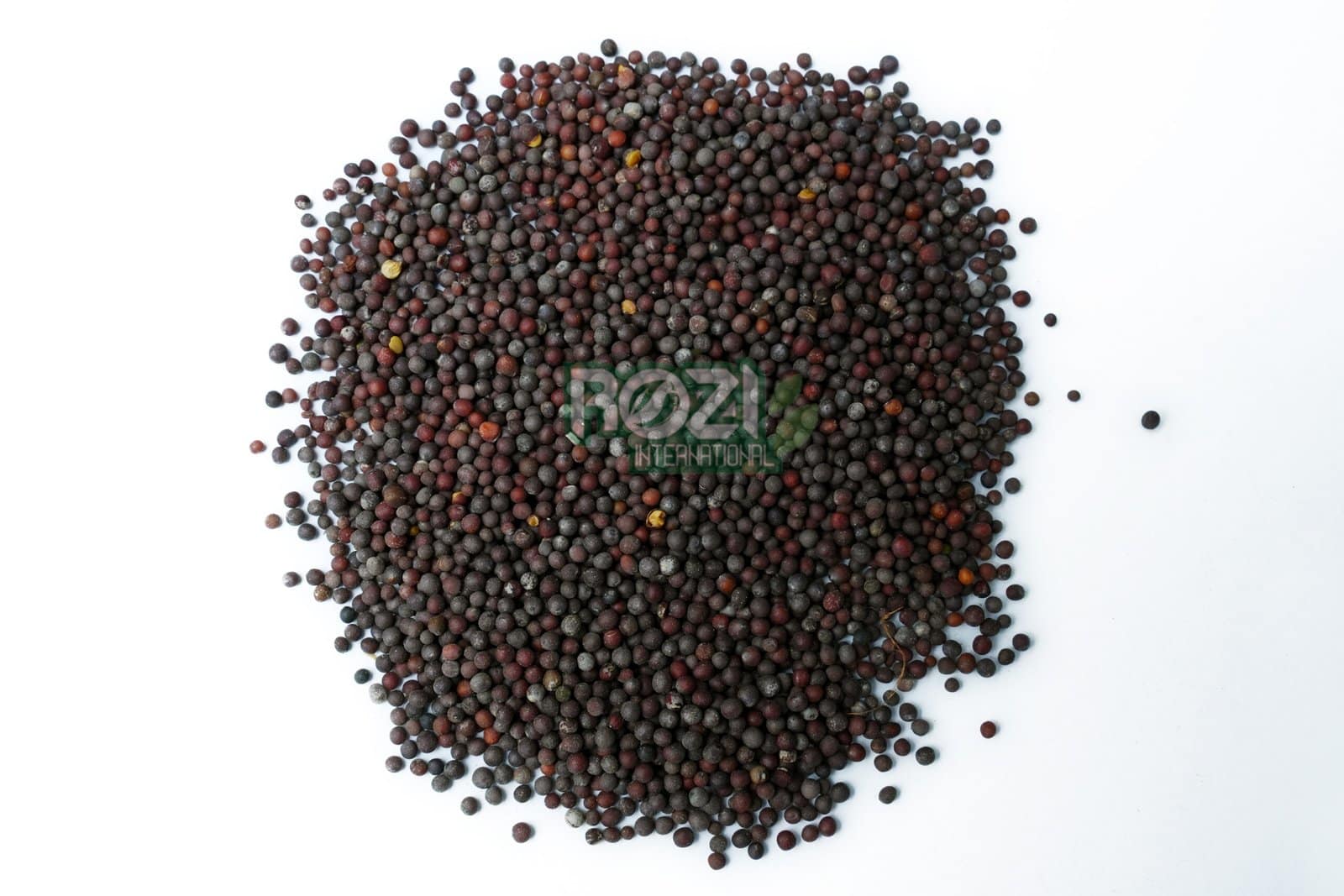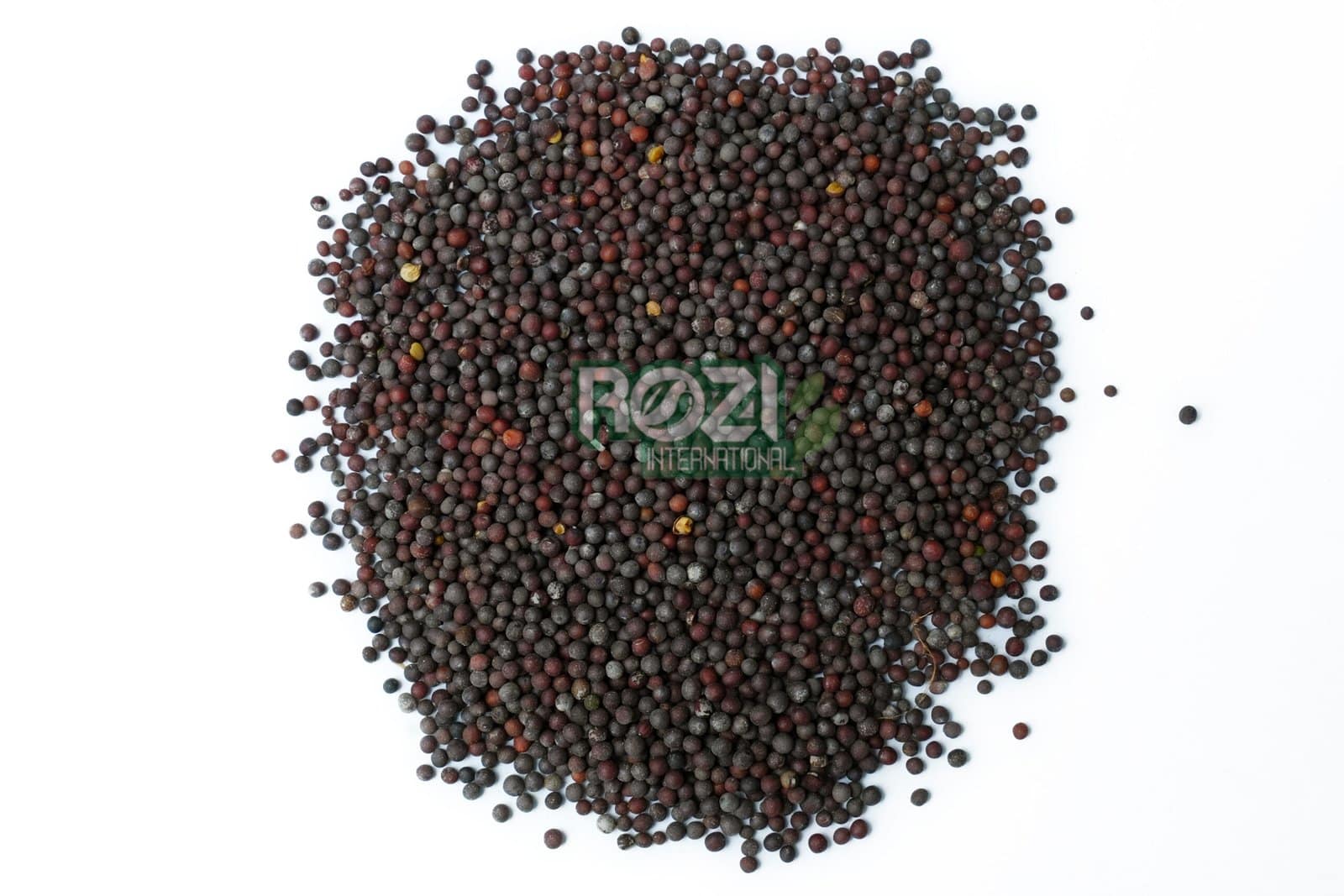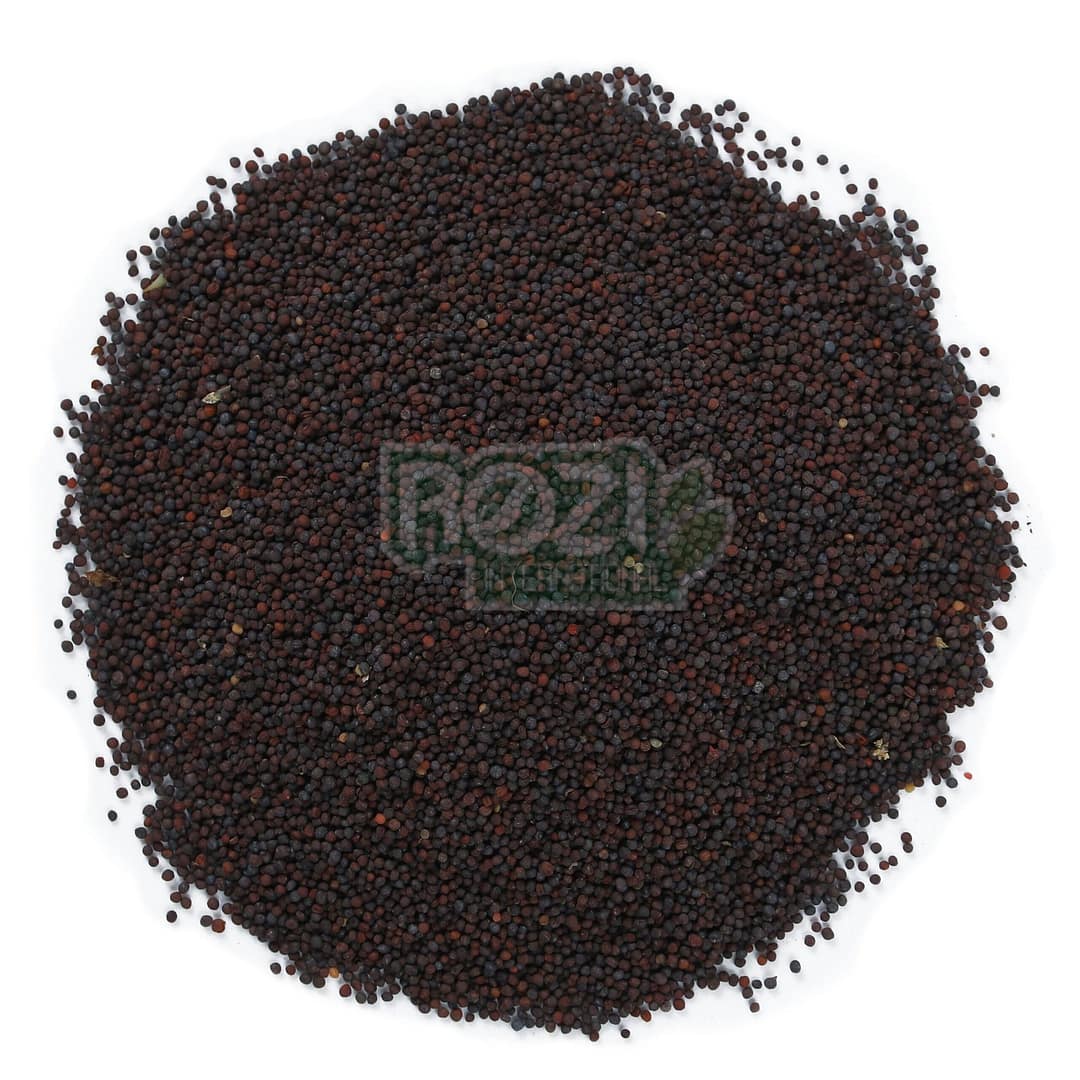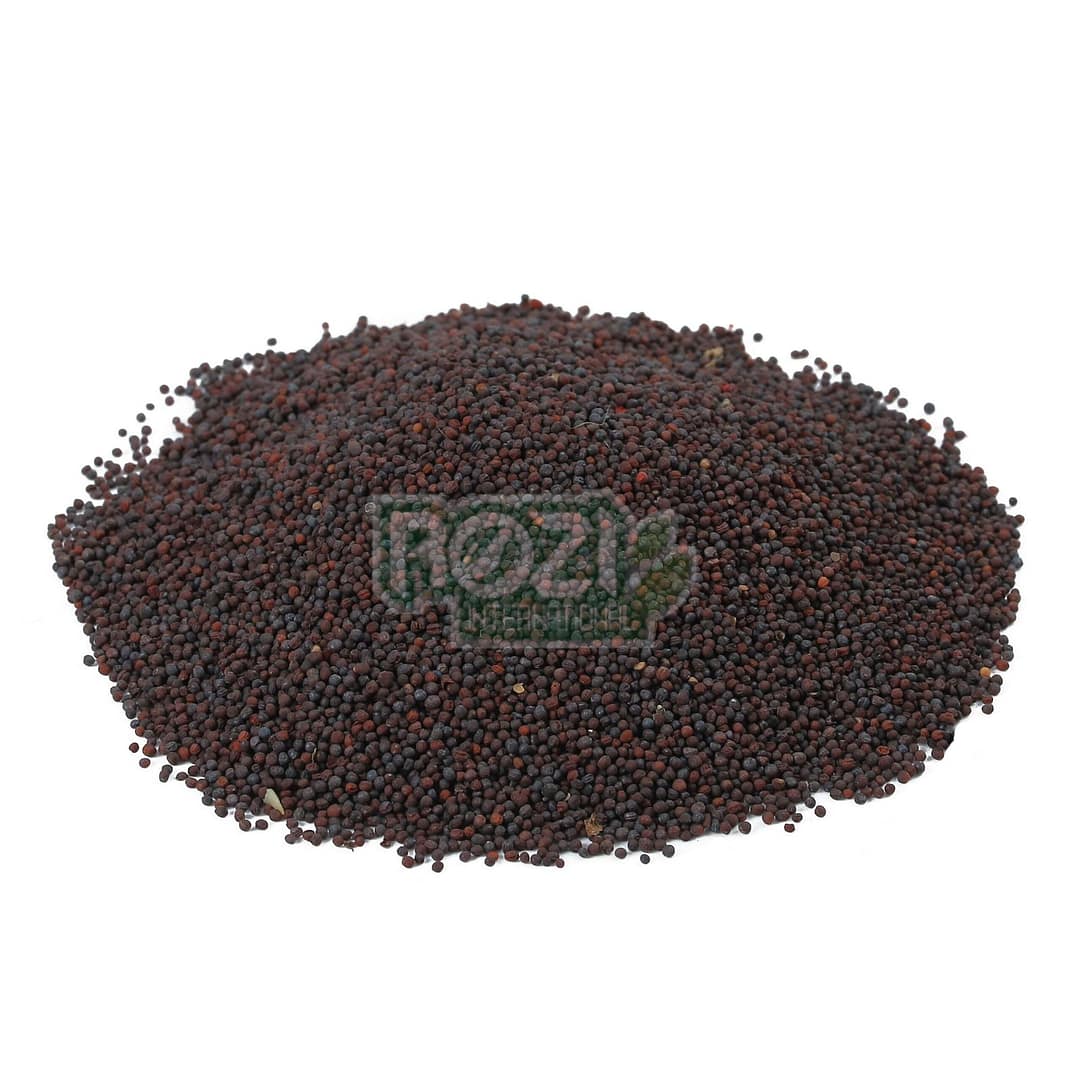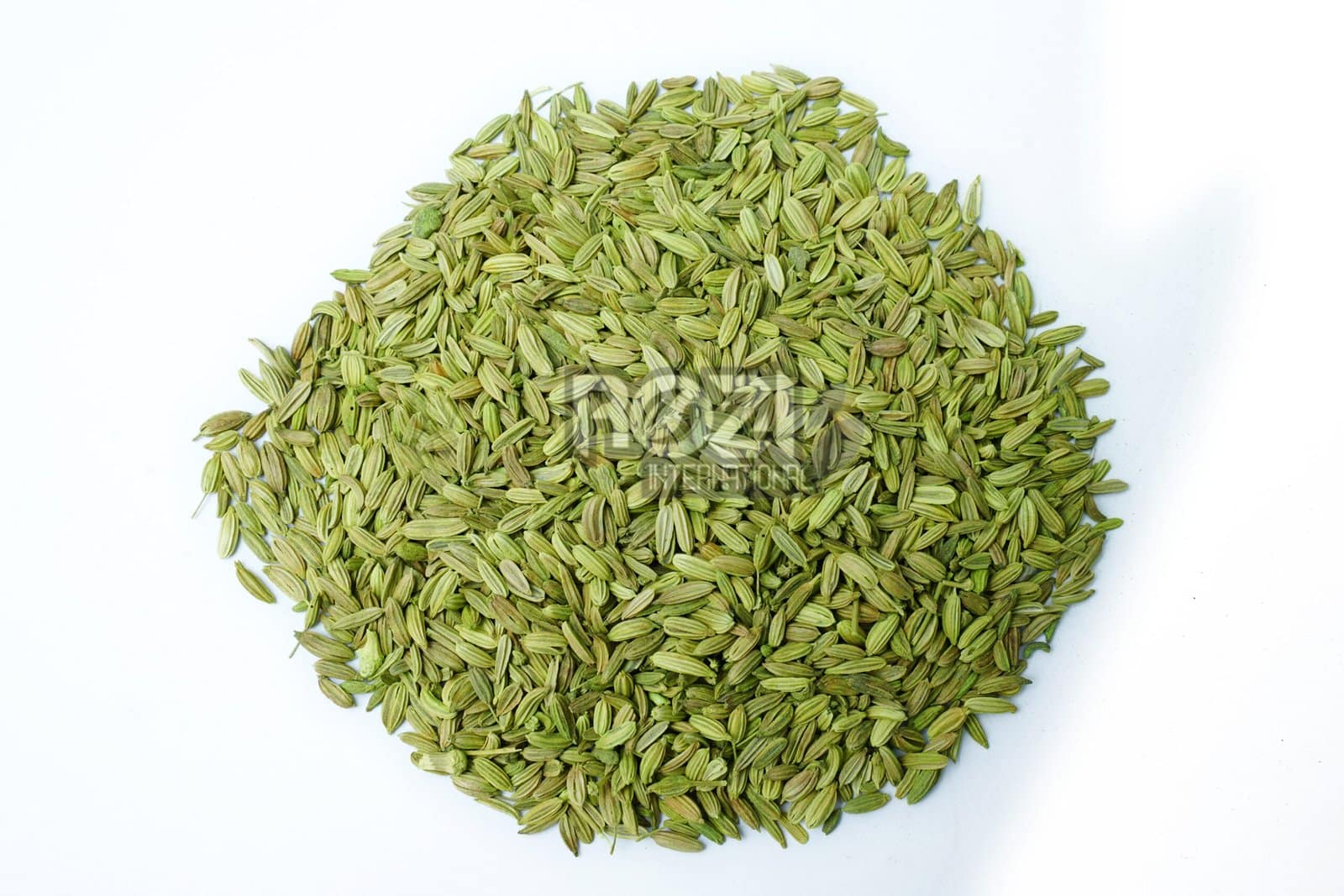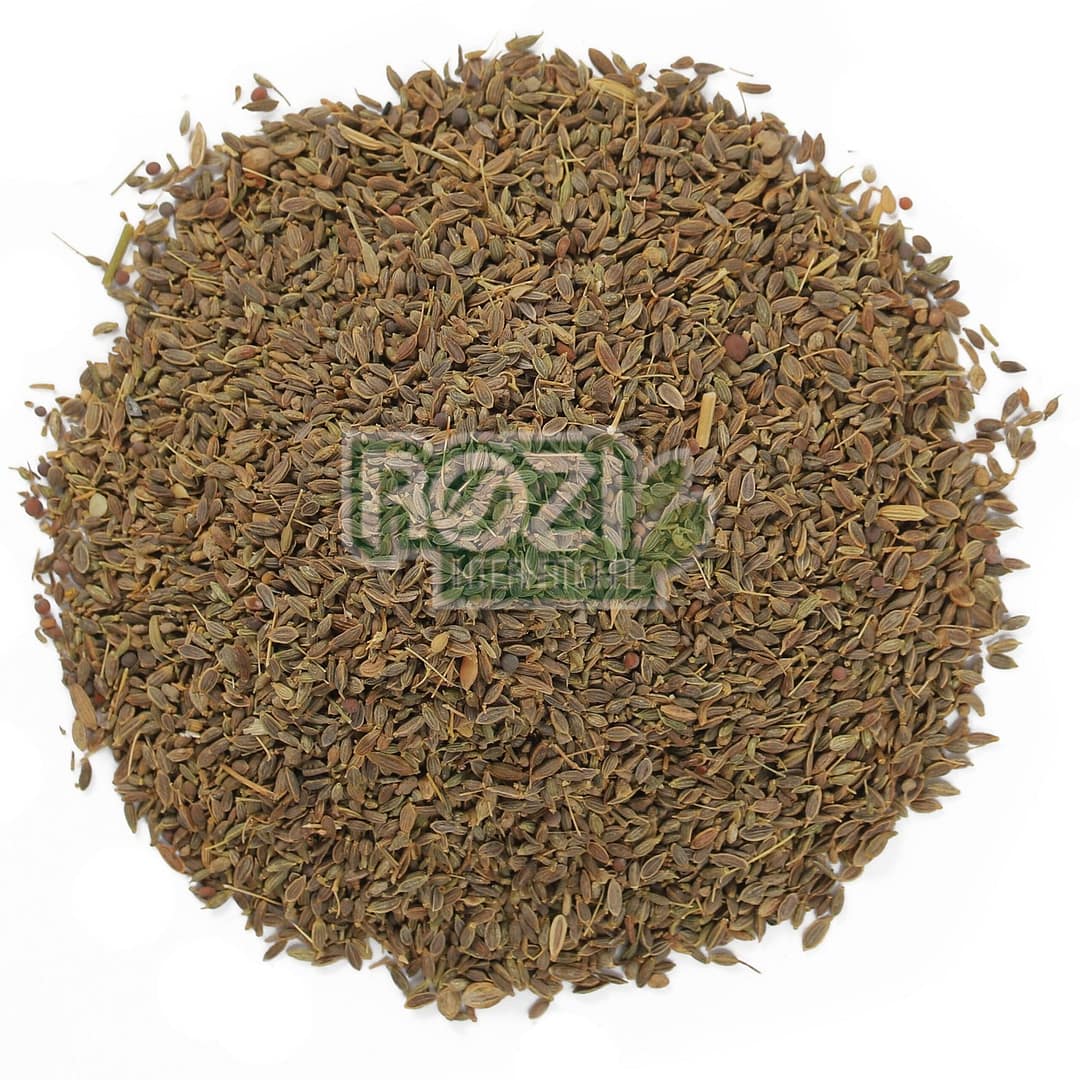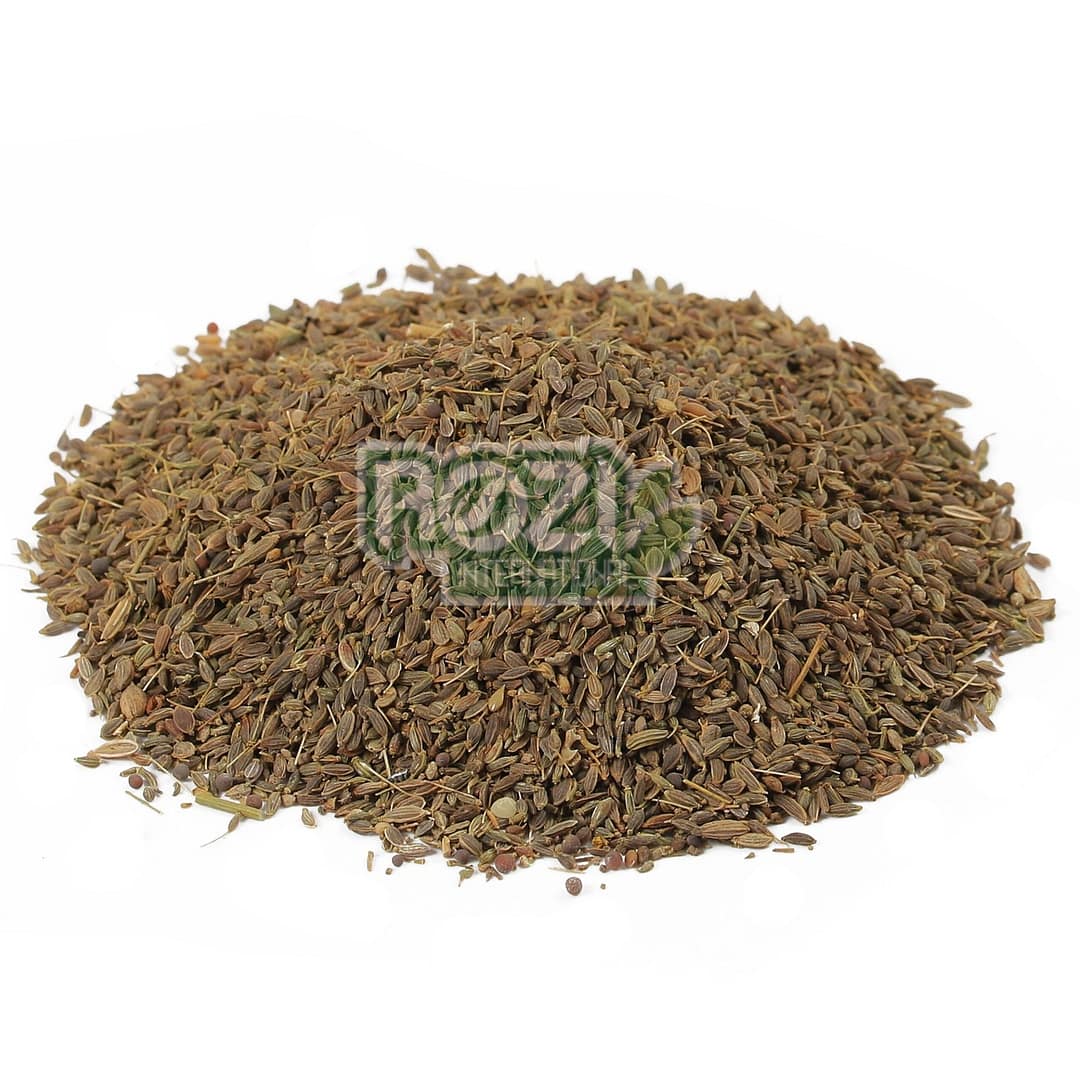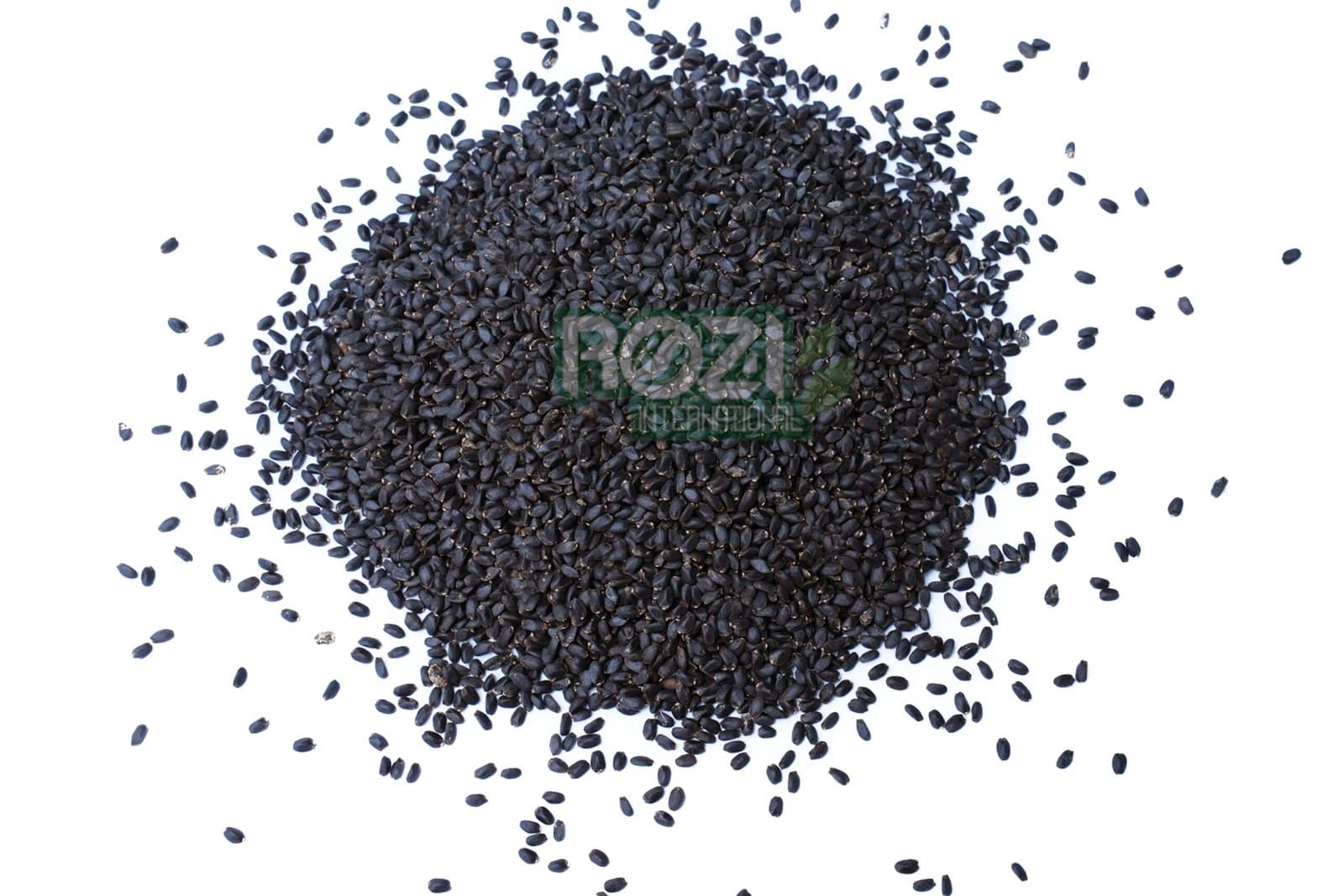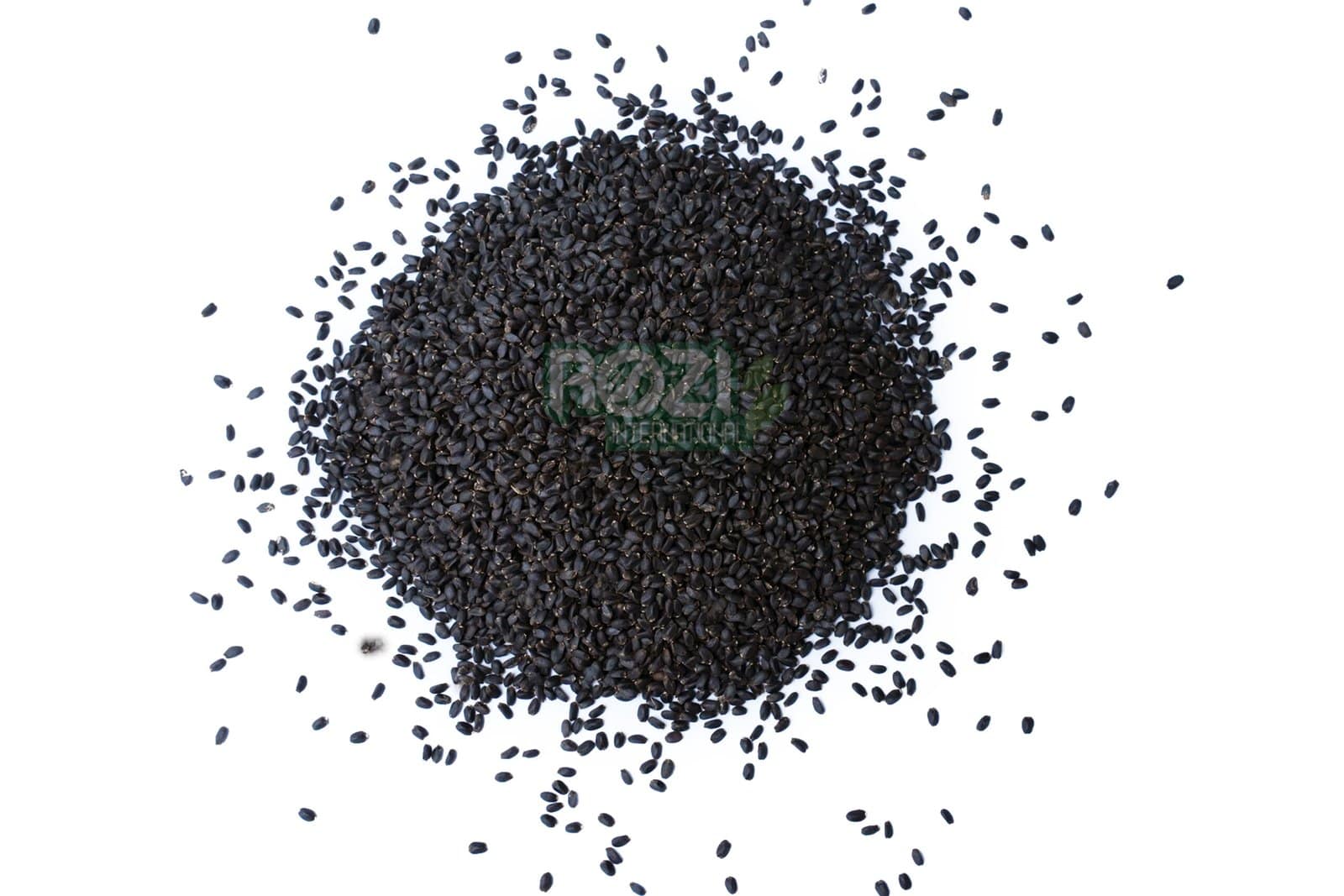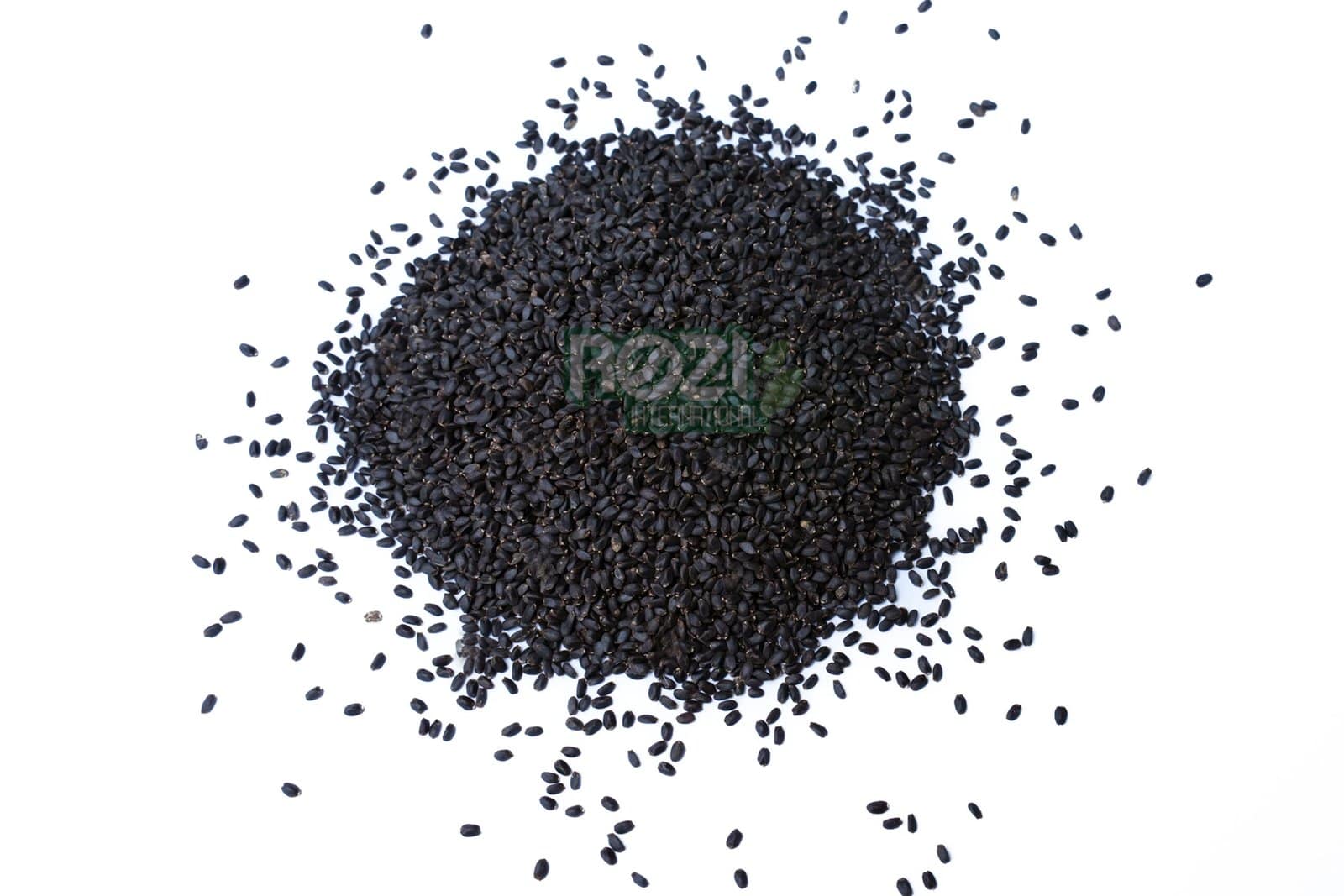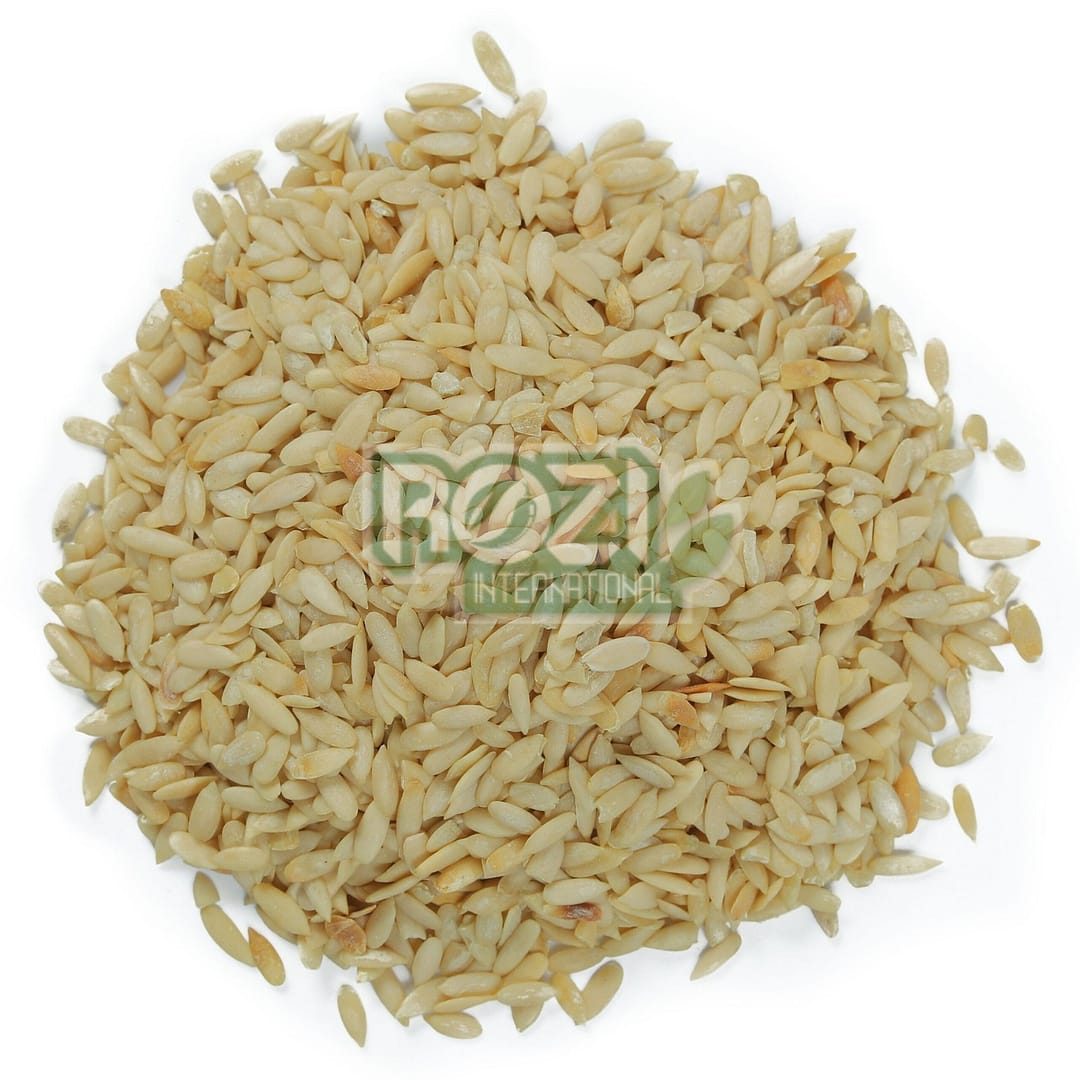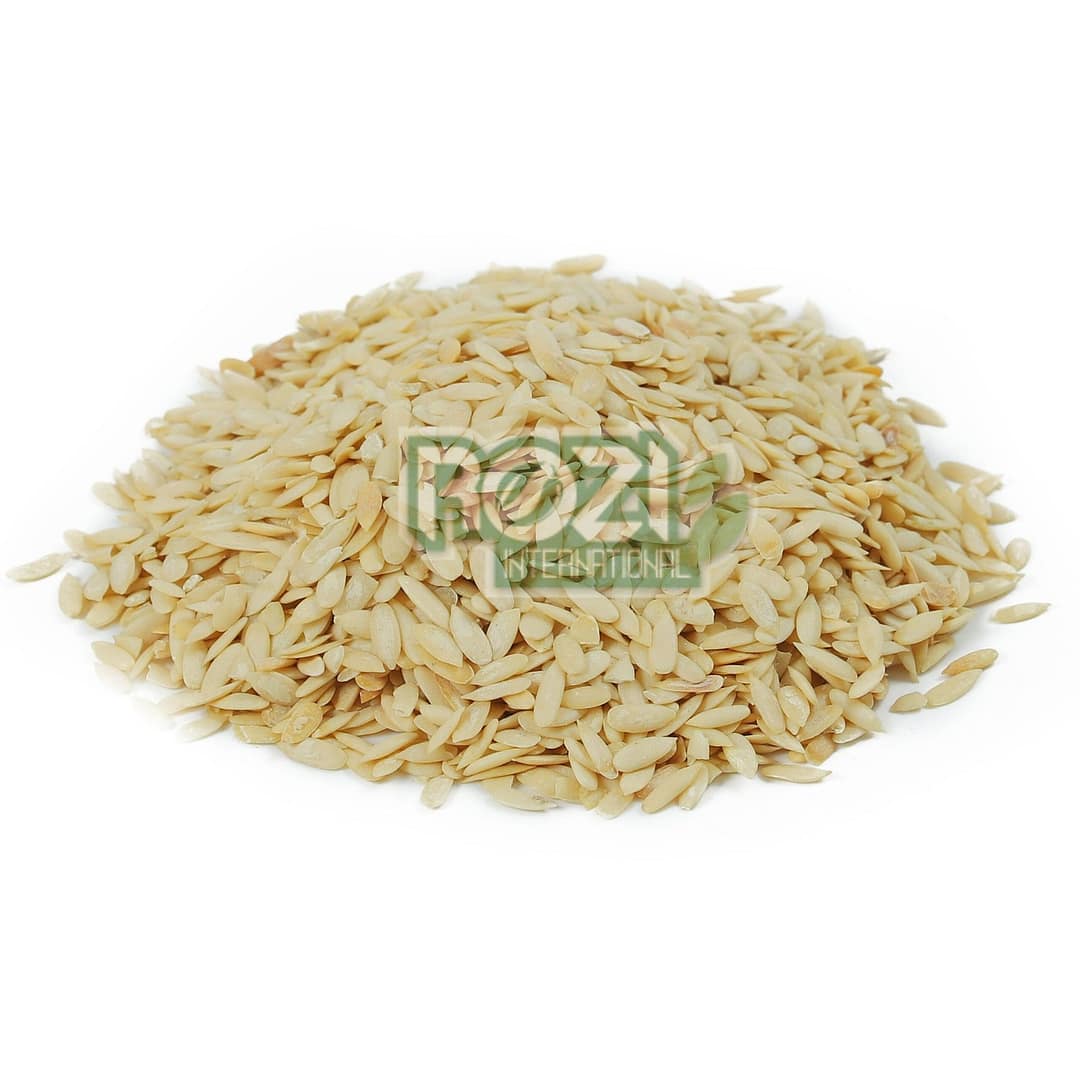Watermelon Seed kernels /Citrullus Lanatus / Magaz Tarbuz
English Name: Watermelon Seed kernels
Botanical Name: Citrullus Lanatus
Local Name: Magaz Tarbuz
Product Description
Watermelon seeds, often considered a byproduct of the juicy fruit, are small, flat, oval-shaped seeds found in the center of watermelons (Citrullus lanatus). Initially soft and white when the watermelon is young, they become hard and black as the fruit ripens. These seeds are often spitted out or removed while consuming the watermelon flesh.
In recent years, watermelon seeds have gained attention for their nutritional benefits. They are a good source of protein, healthy fats, vitamins, and minerals. Watermelon seeds contain essential nutrients such as magnesium, iron, potassium, and zinc. Additionally, they are rich in antioxidants, promoting overall health and potentially reducing oxidative stress in the body.
Quince Seed/ Pyruse Cydonia/ Bee Dana
English Name: Quince Seeds
Botanical Name: Pyruse Cydonia
Local Name: Bee Dana
Product Description
Quince seeds, derived from the quince fruit (Cydonia oblonga), are small, oval-shaped seeds found within the core of the fruit. Quince is a deciduous tree native to Southwest Asia, but it is cultivated in various parts of the world for its fragrant fruit and its seeds, which are packed with beneficial nutrients.
Quince seeds are encased in a hard, woody shell and are rich in mucilage, a gelatinous substance. This mucilage content gives quince seeds their unique properties, making them valuable in culinary and cosmetic applications. When soaked in water, quince seeds develop a gel-like texture, similar to other seeds high in mucilage, such as chia seeds and flaxseeds.
Mustard Seed Black/ Brassica Nigra /Sarsoon
English Name: Mustard Seed Black
Botanical Name: Brassica Nigra
Local Name: Sarsoon
Product Description
Mustard seeds, derived from the mustard plant (Brassica spp.), are small round seeds belonging to the cruciferous family. These seeds come in various colors, including yellow, brown, and black, each variety offering a slightly different flavor profile and level of heat. Mustard seeds have been an essential spice in culinary traditions around the world for centuries.
In cooking, mustard seeds are versatile and add depth and warmth to a wide range of dishes. When crushed or ground and mixed with liquid, they release enzymes that create the characteristic sharp flavor associated with mustard. Yellow mustard seeds are mild and slightly sweet, making them ideal for American-style mustard sauces. Brown and black mustard seeds are hotter and more pungent, popular in Indian, Mediterranean, and African cuisines.
Fennel Seed / Foeniculum Vulgare / Sounf
English Name: Fennel Seed
Botanical Name: Foeniculum Vulgare
Local Name: Sounf
Product Description
Fennel seeds, derived from the flowering plant Foeniculum vulgare, are small, oblong seeds with a licorice-like flavor. They are native to the Mediterranean region but are now cultivated worldwide for culinary and medicinal purposes.
In the culinary world, fennel seeds are highly valued for their aromatic and flavorful properties. They are often used as a spice in various cuisines, particularly in Indian, Middle Eastern, and Mediterranean dishes. Fennel seeds can be used whole or ground and are added to soups, stews, curries, baked goods, and spice blends. Their sweet and slightly spicy taste adds depth to both savory and sweet dishes
Dill Seed/Anethum graveolens / Soye
English Name: Dill Seed
Botanical Name: Anethum graveolens
Local Name: Soye
Product Description
Dill seeds, scientifically known as Anethum graveolens, are small, oval-shaped seeds derived from the dill plant, a member of the parsley family. Dill is native to the Mediterranean region and southern Russia but is now cultivated worldwide for both its leaves (known as dill weed) and seeds, both of which are used in culinary and medicinal applications.
Dill seeds have a distinct flavor, reminiscent of a combination of anise and celery, with a hint of citrus. They are often used as a spice in various cuisines, adding a warm and slightly tangy taste to dishes. Dill seeds are a key ingredient in pickling recipes, providing the characteristic flavor in pickles. They are also used in soups, stews, curries, bread, and salad dressings, enhancing the taste of a wide array of foods.
Hermal Seed /Lavandula/ Hermal
English Name: Hermal Seed
Botanical Name: Lavandula
Local Name: Hermal
Product Description
Harmal seeds, also known as Syrian Rue or Peganum harmala, are the seeds of the Peganum harmala plant, which is native to the Mediterranean region, parts of Asia, and the Middle East. These small, brown seeds have been used for centuries in traditional medicine and rituals in various cultures.
The seeds contain psychoactive compounds, particularly harmaline, harmine, and other beta-carbolines, which have been used historically for their hallucinogenic and medicinal properties. In traditional medicine, especially in some indigenous cultures and ancient practices, harmal seeds have been used for their potential healing properties. They have been studied for their antidepressant, anti-inflammatory, and antioxidant effects, although their use for medicinal purposes requires caution and expert guidance due to their potent nature.
Aniseed /Pimpinella anisum/ Anesoon
English Name: Aniseed
Botanical Name: Pimpinella anisum
Local Name: Anesoon
Product Description
Aniseed, scientifically known as Pimpinella anisum, is a small flowering plant native to the eastern Mediterranean region and Southwest Asia. The seeds of the anise plant are popularly referred to as aniseed and are valued for their sweet, licorice-like flavor and aromatic properties.
Aniseed is a versatile spice widely used in culinary traditions around the world. It is a key ingredient in many dishes, particularly in Mediterranean, Middle Eastern, and South Asian cuisines. The seeds are often used whole or ground, adding a distinct taste to baked goods, desserts, candies, and beverages. Aniseed is also a common flavoring agent in liqueurs, such as absinthe, ouzo, and pastis.
Basil Seeds Long/ Ocimum Basillicum/ Balango
English Name: Basil Seeds Long
Botanical Name: Ocimum Basillicum
Local Name: Balango
Product Description
Basil seeds, also known as Sabja seeds or Falooda seeds, are small, black seeds derived from the sweet basil plant (Ocimum basilicum). Unlike the leaves of the basil plant, which are commonly used in cooking, basil seeds are valued for their unique properties and health benefits.
These tiny seeds, when soaked in water, develop a gelatinous outer layer, giving them a mucilaginous texture similar to chia seeds. This characteristic makes them popular as a natural thickening agent in various beverages and desserts. Basil seeds are often used in refreshing drinks and desserts in Southeast Asian cuisines, especially in drinks like falooda and in bubble tea, adding a delightful crunch and texture.
Basil Seeds Small / Ocimum Basillicum / Tukhm-e-Rehan
English Name: Basil Seeds Small
Botanical Name: Ocimum Basillicum
Local Name: Tukhm-e-Rehan
Product Description
Basil seeds, also known as Sabja seeds or Falooda seeds, are small, black seeds derived from the sweet basil plant (Ocimum basilicum). Unlike the leaves of the basil plant, which are commonly used in cooking, basil seeds are valued for their unique properties and health benefits.
These tiny seeds, when soaked in water, develop a gelatinous outer layer, giving them a mucilaginous texture similar to chia seeds. This characteristic makes them popular as a natural thickening agent in various beverages and desserts. Basil seeds are often used in refreshing drinks and desserts in Southeast Asian cuisines, especially in drinks like falooda and in bubble tea, adding a delightful crunch and texture.
Cucumber Seed/Cucumis Sativus/ Maghaz Kheera
English Name: Cucumber Seed
Botanical Name: Cucumis Sativus
Local Name: Maghaz Kheera
Product Description
Cucumber seeds, as the name suggests, are the seeds found within a cucumber (Cucumis sativus), a widely cultivated plant belonging to the gourd family. Cucumbers are popular vegetables known for their refreshing taste and high water content.
The seeds within a cucumber are small, flat, and oval-shaped. While cucumbers are commonly eaten fresh, the seeds are also edible. They are rich in nutrients such as vitamins, minerals, and antioxidants. However, some people prefer to remove the seeds, especially in culinary applications, as they can sometimes impart a slightly bitter taste.

